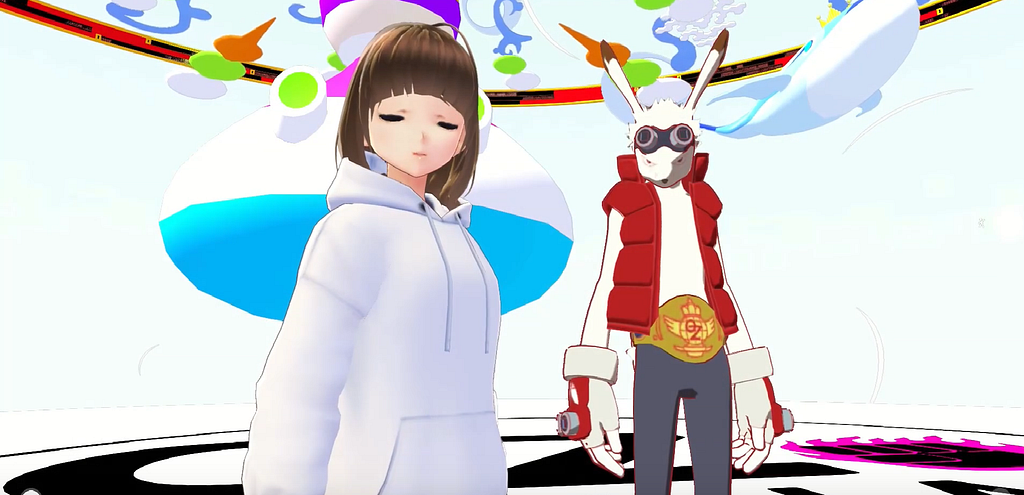Summer Wars and the Vision of Apple
In the 2009 anime film Summer Wars, Japanese director Mamoru Hosoda presented a prescient exploration of a virtual world remarkably similar to today’s vision of the metaverse. More than a decade before Meta and Microsoft aimed to make interconnected virtual spaces a reality, Hosoda had imagined an immersive digital realm blended with real life.
In the movie, the world of OZ is a massive virtual universe where people interact through avatars, engage in commerce, socialize in beautiful landscapes, partake in entertainment, and even maintain important public services linked to the real world.

Protagonist Kenji becomes enthralled with OZ’s endlessly possibilities through his avatar. But when OZ is attacked by a hacker and begins to blend chaotically with reality, he desperately works to save this digital world that has become so central to society’s functioning.
Hosoda presented OZ as far more than a game or diversion — it maintained critical infrastructure and the economy. Visualizing OZ as a utopian digital civilization, Hosoda saw how virtual worlds could become integral to culture, personal identity and community.
Much like today’s metaverse evangelists, Hosoda explored the continuum between virtual and physical, showing how they feed into one another. Just as metaverse pioneers aim to link VR, AR and internet into shared social spaces, OZ functioned as a unified virtual realm blending seamlessly with the real.
However, He also struck notes of caution about the metaverse’s risks if not built responsibly. The film’s villain aims to control OZ for destruction and power. This reflected technologists’ modern warnings about the metaverse exacerbating inequality, misinformation, and unethical mass surveillance. He envisioned the metaverse as a central fixture of future civilization with incredible power to connect humanity. But he also prophesized the dangers unleashed if that power is misused.

Looking back, Summer Wars served as remarkably prescient science fiction. Over a decade before Meta and Microsoft raced to construct their own metaverses, Hosoda had imagined prevalent virtual worlds where cultures, relationships and identities thrive across realities.
Like all great sci-fi, Summer Wars gave us an early glimpse of the coming future — one that edge closer now to his visionary world of OZ. As the metaverse takes shape, we’d be wise to heed the lessons within Hosoda’s film about shaping a virtual future that uplifts humanity.
and now, I’m looking forward to receiving my Apple Vision…





